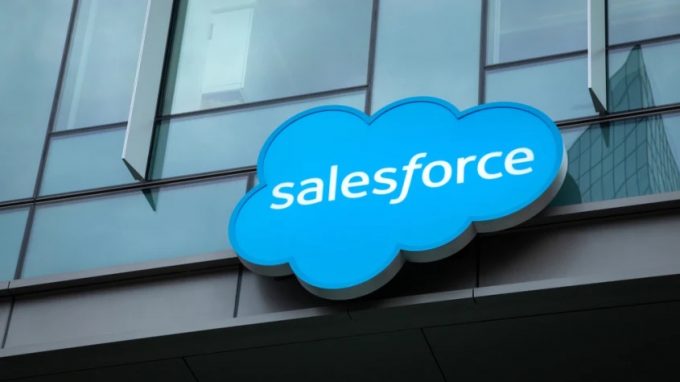
The UK Transportation and Storage industry turns over £214bn a year, and the average retention rate in the transport industry is 83%, according to Statista (Nov 2021 and July 2022). This equates to businesses losing £36bn of turnover to their competition ? every year. Reducing that by 20-30% would have an enormous impact on each business.
The 2014 book, The Effortless Experience, built a compelling case that customer service only drives loyalty if it reduces customer effort. It correlated how removing the ...

Comment on this article